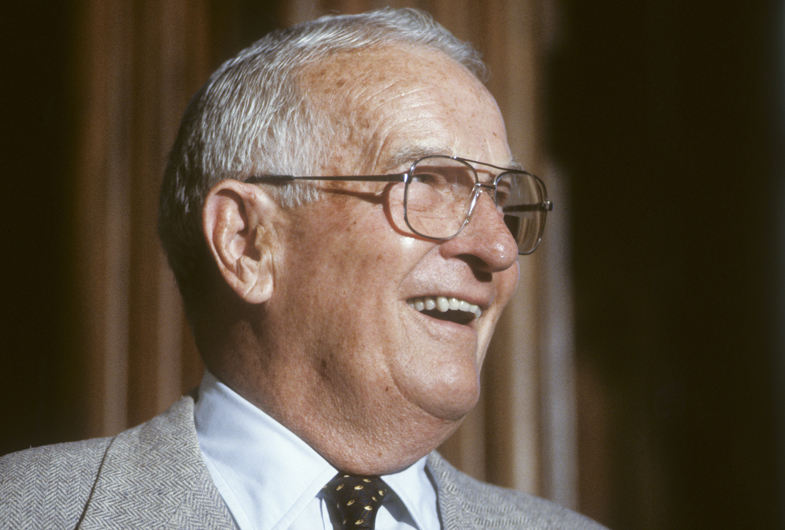The New York Times published an examination of one of the United States’ fastest growing new technology companies, Amazon, on August 15, Inside Amazon: Wrestling Big Ideas in a Bruising Workplace that describes a highly competitive and caustic place that looks like the early Darwinian character of capitalism where “only the strong survive”! Quoting from the story,
“You walk out of a conference room and you’ll see a grown man covering his face,” he said. “Nearly every person I worked with, I saw cry at their desk.”
Thanks in part to its ability to extract the most from employees, Amazon is stronger than ever. Its swelling campus is transforming a swath of this city, a 10-million-square-foot bet that tens of thousands of new workers will be able to sell everything to everyone everywhere. Last month, it eclipsed Walmart as the most valuable retailer in the country, with a market valuation of $250 billion, and Forbes deemed Mr. Bezos the fifth-wealthiest person on earth.
The story has stirred more than just the readers of the NY Times and Bezos has been quoted to the effect that this is not Amazon and he would leave a company that treated its people as the story relates. The coming months will be interesting as this will start a leaking process and the world will learn more about the culture of working at Amazon as well as Bezos’s character and the ability of the Amazon leadership team to deal with questions about its culture.
Organizations are more than the abilities and visions of those at the top and an Amazon culture to the extent the NY Times story is accurate across the warehouses and order centers is as much a story of the depressed employment market for American workers as it is about the current success of Amazon.
I have long been involved in a different approach to creating and building organizations and much of that effort is with agencies of the State of Texas. Part of that story comes from a telephone call I received from a new Texas Governor, William Clements, in 1979. He was the first Republican elected to office since the Civil War and came to the office as a wealthy man from oil drilling concerns.  He had heard of some of my organizational research and asked if I could survey state employees to determine how they felt about working for the State of Texas. I met with him after the phone call and he said that while he used the regular reporting lines coming up through state agencies’ leadership to his office, he wanted an additional direct route to his office. I designed a survey for this task and have expanded it with a remarkable staff skilled in organizational assessment and the use of the internet over the years to gather most of the data from the internet and from all state employees. The year we started the survey it provided an immediate benefit to Texas in that employees were energized that the Governor would be interested in their perceptions and experiences.
He had heard of some of my organizational research and asked if I could survey state employees to determine how they felt about working for the State of Texas. I met with him after the phone call and he said that while he used the regular reporting lines coming up through state agencies’ leadership to his office, he wanted an additional direct route to his office. I designed a survey for this task and have expanded it with a remarkable staff skilled in organizational assessment and the use of the internet over the years to gather most of the data from the internet and from all state employees. The year we started the survey it provided an immediate benefit to Texas in that employees were energized that the Governor would be interested in their perceptions and experiences.
There are two returns from this survey activity. One is the way that opening up channels in an organization creates a more innovative and powerful organization. It pushes people to think and create.
The second return is that this builds a broader culture in every community of the state where there are state employees that push for openness and transparency. If there is one antidote to the failed state of Mexico, this is it. Indeed much of this website looks at a natural experiment underway comparing Mexico to Texas and perhaps the United States. One is called a democracy but lacks transparency and trust between state and citizens. The second is called a democracy as well and strives to be open and transparent.
You may read more about the survey here: Survey
Michael Lauderdale